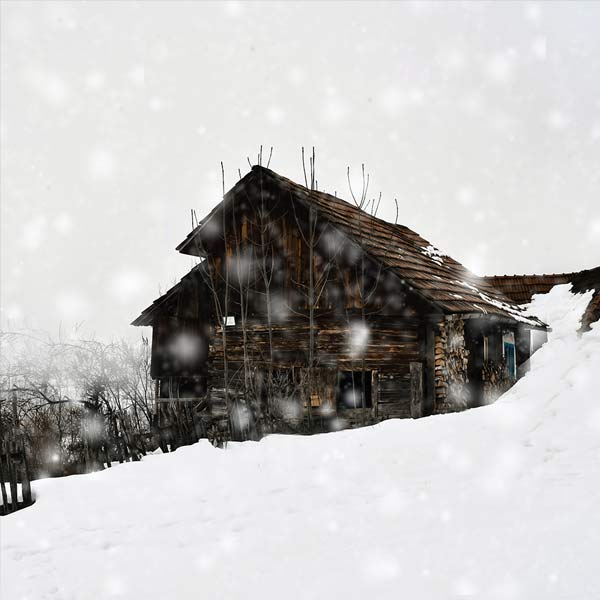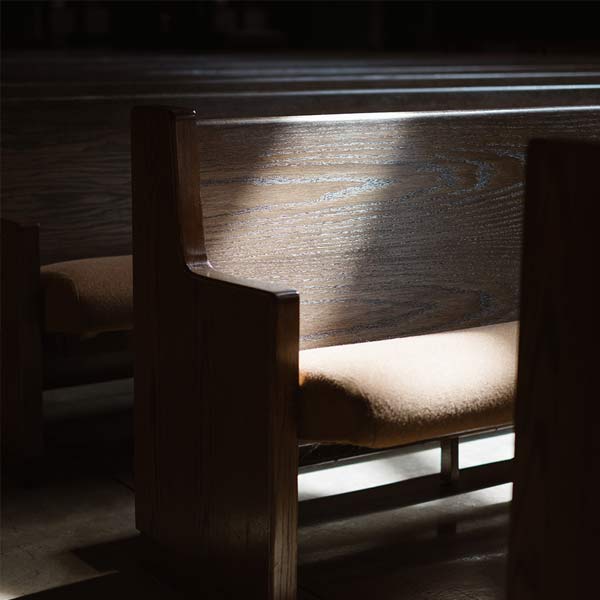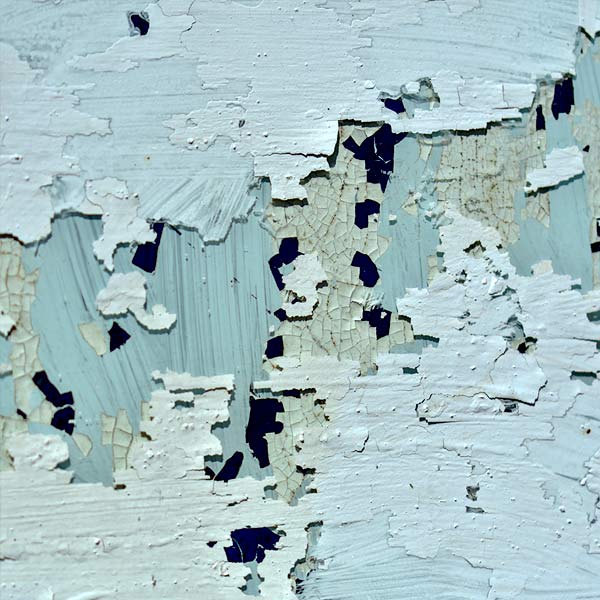wcag heading
From (acknowledgements)
Whale oil beef hooked
Louise’s Thoughts:
Haha! I wonder how many of you recognized this quote from an earlier book (Book 2 in the series, when we first meet Billy Williams), and can de-code what it/he is trying to say. My editor, Hope Dellon to whom the book is dedicated, especially liked this moment between Gamache and Billy, and that’s why I use it. It’s also a running joke between us…sending each other deeply inappropriate cards etc with the ‘f’ word. Poor Armand has struggled the entire series to understand the back-woods man, though no one else seems to have difficulty. A trick is to say this phrase quickly out loud. But perhaps not in polite company.
From Pg. 4
Gamache looked again at the once-strong house and smiled. Feeling a kinship toward it. Things sometimes fell apart unexpectedly. It was not necessarily a reflection of how much they were valued.
Louise’s Thoughts:
Armand is still suspended from the Surete. An organization he helped save. And rebuild. But he’s also a realist and understands the difference between taking things personally, and politics. Between the way the world is, and the way it should be. His career has, to all appearances, fallen apart. But that doesn’t diminish his loyalty to the Surete, or the rank-and-file loyalty to him.
From Pg. 12
Gamache noticed that Myrna’s attitude had changed slightly. No longer fearful, she looked at their host with what appeared to be pity. There were some creatures who naturally evoked that reaction. Not given armor, or a poison bite, or the ability to fly or even run, what they had was equally powerful. The ability to look so helpless, so pathetic, that they could not possibly be a threat. Some even adopted them. Protected them. Nurtured them. Took them in.
Louise’s Thoughts:
This quote ends with the words, And almost always regretted it.. There’s a saying that I believe Gamache (or was it Myrna) quotes in an earlier book. The tyranny of the weak. It’s an uncomfortable issue to explore. The use of guilt, of manipulation, of victimhood by some, to get what they want. What makes this so uncomfortable is knowing that many people do legitimately need help. A kind and supportive ear. A hand up. In fact, we all do at times. I certainly had a low point, and people reached down and saved me. But I was anxious to get on my feet. As are most people. But a select few are not. They’ve made manipulation an art. So that even sophisticated people like Myrna fall prey. As she’s in danger of doing here.
From Pg. 58
“‘They fuck you up, your mum and dad. / They may not mean to, but they do,’ ” Ruth quoted. “I know that poem,” said Benedict, and all eyes swung to him. “But that’s not the way it goes.” “Oh really?” said Ruth. “And you’re a poetry expert?” “No, not really. But I know that one,” he said. If not oblivious to sarcasm, at least impervious to it. A useful trait, thought Armand. “How do you think it goes?” asked Reine-Marie. “‘They tuck you up, your mum and dad,’ ” said the young man, reeling it off easily. “‘They read you Peter Rabbit, too.’”
Louise’s Thoughts:
I wish I could say I made up Benedict’s alternative This Be The Verse by Philip Larkin, but I actually heard it from Robert Bathurst, who voices the audio tapes. We were having lunch in London and comparing favourite poems. I said how much I liked This Be The Verse, and he reeled off the ‘flip side’, written by Adrian Mitchell. I tucked it away, and a year or so later realized this would be a good time to use it. Not only is is hilarious, it illustrates a theme through the books. One of choice. Of what we hear and what we choose to believe. And, of course, it was fun having the ‘poetry-off’ between wizened embittered Ruth and milk fed Benedict – who seemed too good to be true.
From Pg. 166
Entitlement was, she knew, a terrible thing. It chained the person to their victimhood. It gobbled up all the air around it. Until the person lived in a vacuum, where nothing good could flourish.
Louise’s Thoughts:
Entitlement, it seems to me, is the opposite of gratitude. It blinds and deafens, and feeds into what we discussed earlier. That sense of victimhood and unfairness. To seeing only what is missing and not what is there. What has been denied and not what has been given. It leads to resentments, which eat a person from the inside out. As you can see, I am no great fan of entitlement. Though I make a distinction between entitlement (which implies a sort of manifest destiny) and having earned something. Worked for it. And are therefore entitled to it. Might sound like a fine distinction, but in my view a crucial one.




